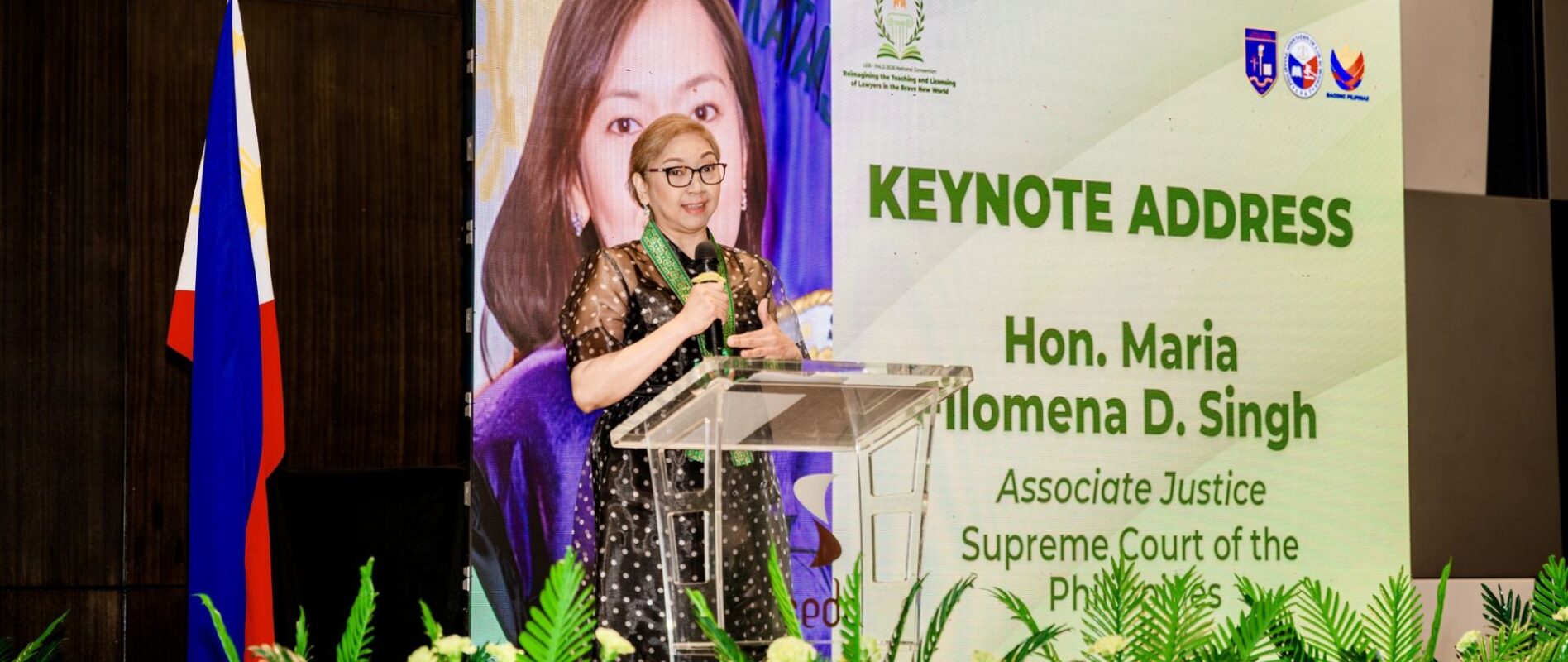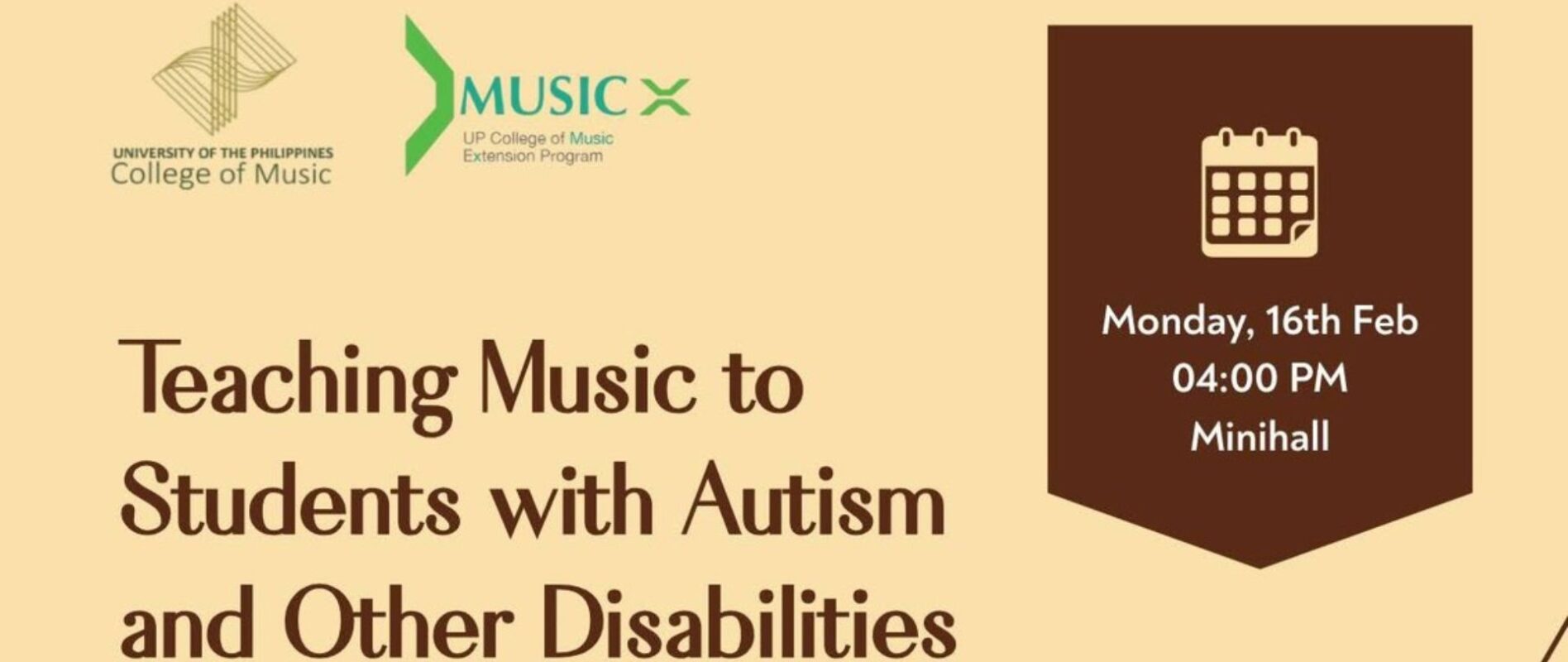TEACHER EDUCATION COUNCIL VOWS TO PRESENT THE REDESIGN OF THE TEACHER EDUCATION CURRICULUM BY DECEMBER
TEACHER Education Council Executive Director Jennie Jocson promised to present the review and redesign of the teacher education curriculum by December.
Jocson made the statement during a hearing of the House Committee on Higher and Technical Education chaired by Baguio Rep. Mark Go to address the pressing issues surrounding the quality of teacher education institutions in the country.
“The current curriculum is a one-size-fits-all model, and the data clearly shows that this approach is no longer effective,” Jocson said.
In its Year One report, the Second Congressional Commission on Education or EDCOM 2 highlighted the urgency of addressing these issues, noting that reforms within the Teacher Education Council have been stalled for two years.
Despite the passage of the Excellence in Teacher Education Act in 2022, which aims to strengthen the TEC and resolve coordination challenges across institutions, progress has been slow, with Executive Director Jocson only appointed in August.
“While the legislative framework is in place, the real work of improving teacher quality has yet to begin,” Go said.
Jocson also shared during the session that a study by the World Bank revealed concerning gaps in teacher competency.
According to the findings, many teachers who took a content test based on the curriculum were only able to answer basic-level questions.
When asked to perform more complex tasks requiring two or three steps, most were unable to respond effectively.
This trend of underperformance mirrors the results seen in the Program for International Student Assessment, where Filipino students also struggled to answer questions that require deeper content knowledge.
She emphasized the need to provide more flexibility to institutions, particularly strong state universities and colleges with teacher education programs, and allowing them to adapt to the specific needs of their regions.
“We cannot continue to impose a minimum standard on institutions that are capable of much more. The curriculum must be tailored to support regional contexts,” Jocson said.














